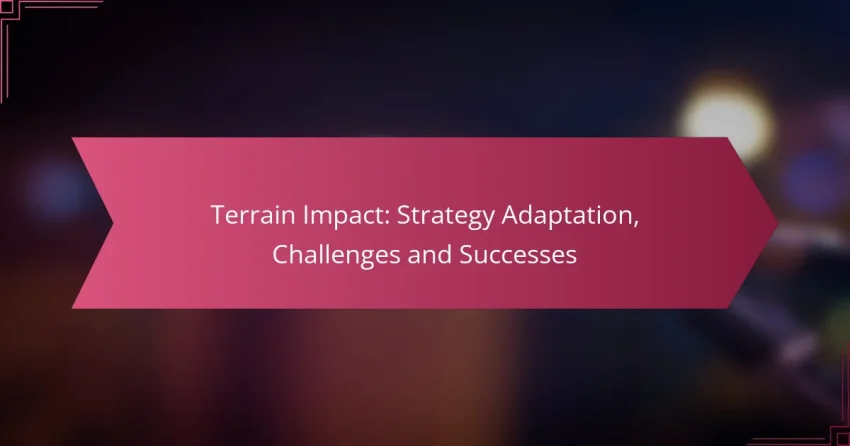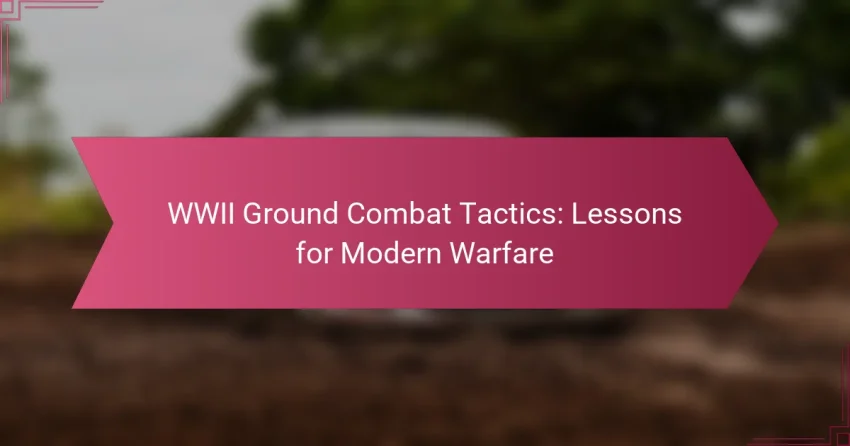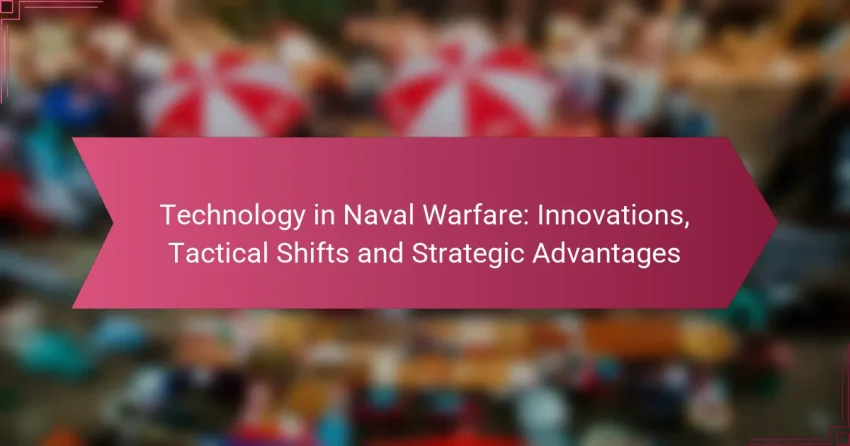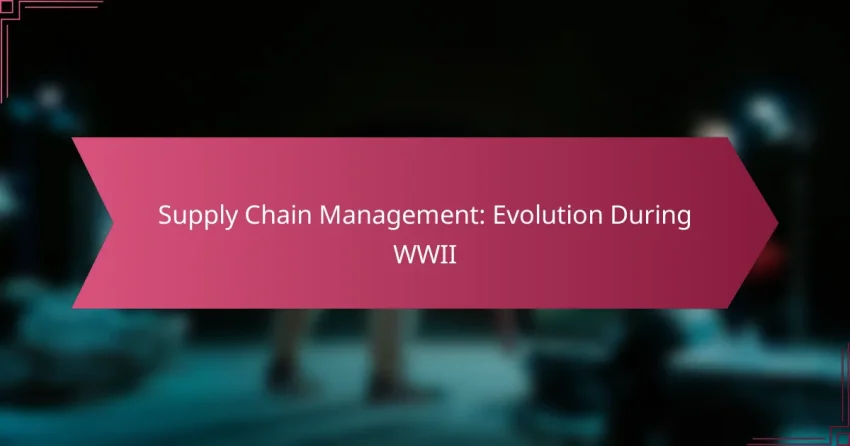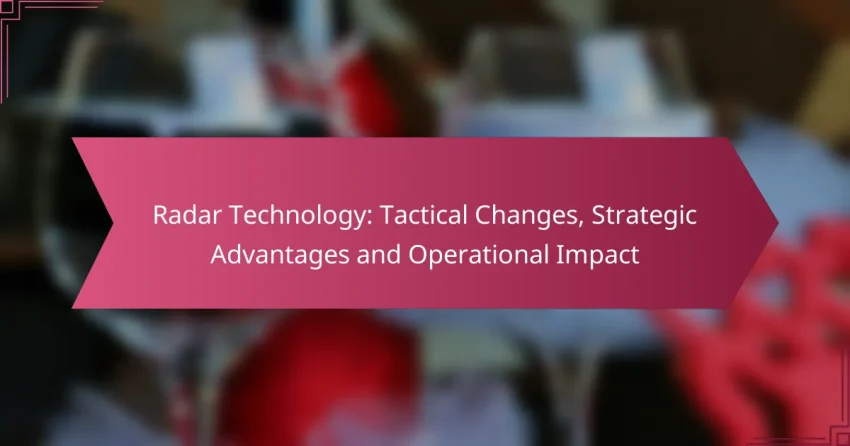Adapting strategies for terrain impact is crucial for enhancing operational effectiveness in diverse landscapes. By understanding the unique characteristics of various terrains, organizations can navigate challenges such as resource limitations and geographical barriers. Success stories in this area demonstrate innovative approaches that not only address environmental challenges but also improve resilience and urban living conditions….
Author: Harold Whitaker
Resource Allocation: Impact on WWII Campaign Success
Resource allocation was a pivotal factor in the success of World War II campaigns, shaping military strategies and influencing logistics and troop morale. The effective distribution of supplies, personnel, and equipment not only enhanced operational capabilities but also determined the outcomes across various theaters of war. How Did Resource Allocation Affect WWII Campaign Success? Resource…
WWII Ground Combat Tactics: Lessons for Modern Warfare
The ground combat tactics developed during World War II, such as combined arms operations and blitzkrieg strategies, have left a lasting impact on modern military practices. Emphasizing coordination, speed, and adaptability, these strategies continue to inform contemporary warfare, highlighting the importance of effective command structures and technological integration. By studying these historical lessons, modern forces…
Dogfighting Tactics: Maneuvers, Strategies and Pilot Skills
Dogfighting tactics are crucial for pilots seeking to gain the upper hand in aerial combat, relying on a blend of maneuvers, positioning, and effective communication. By mastering these strategies, pilots can enhance their combat effectiveness and survivability. Practical experience, mentorship, and simulation play vital roles in developing the necessary skills for successful dogfighting, including energy…
Technology in Naval Warfare: Innovations, Tactical Shifts and Strategic Advantages
In the realm of naval warfare, technological innovations such as unmanned systems, advanced missile capabilities, and artificial intelligence are transforming traditional combat strategies. These advancements not only enhance operational effectiveness and situational awareness but also provide significant strategic advantages in modern conflicts. As navies adapt to these changes, tactical shifts emerge, allowing for more effective…
Fear Tactics: Impact on Morale and Psychological Effects
Fear tactics can severely impact morale and psychological well-being within organizations by fostering an atmosphere of distrust and anxiety. When individuals are subjected to threats, their ability to collaborate diminishes, resulting in a toxic work environment. To counteract these effects, it is essential for organizations to promote open communication and support, which can help alleviate…
Supply Chain Management: Evolution During WWII
During World War II, supply chain management underwent a profound transformation to address the complex demands of military logistics. This period saw the introduction of innovative practices such as just-in-time inventory systems and advanced transportation networks, which not only improved efficiency but also set the stage for modern supply chain methodologies in the post-war era….
Reconnaissance Missions: Roles, Techniques and Strategic Value
Reconnaissance missions play a vital role in military operations by gathering essential information that ensures mission success. Utilizing various techniques such as Human Intelligence (HUMINT), Signals Intelligence (SIGINT), and Geospatial Intelligence (GEOINT), these missions provide unique insights that inform strategic decisions. The intelligence gathered is crucial for understanding the battlefield, assessing threats, and planning effective…
Allied vs Axis Ground Tactics: Strategies, Outcomes and Lessons
The ground tactics employed by the Allied and Axis forces during World War II played a crucial role in shaping the conflict’s outcomes. The Allies focused on combined arms operations and effective coordination, while the Axis emphasized speed and concentration of force. Analyzing these strategies reveals valuable lessons in military operations and the importance of…
Radar Technology: Tactical Changes, Strategic Advantages and Operational Impact
Radar technology has undergone significant tactical changes that enhance detection capabilities and operational efficiency, allowing for better responses to dynamic environments and threats. By improving situational awareness and enabling real-time data analysis, radar systems provide strategic advantages that facilitate informed decision-making in both military and civilian applications. What Are the Tactical Changes in Radar Technology?…
